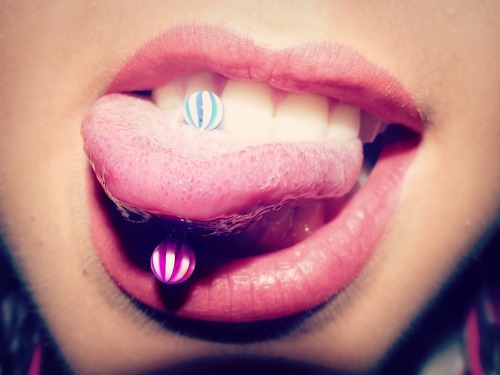Have you ever thought about how much time we need to make a first impression on the interlocutor? And what exactly is included in the concept of the “first impression”? Finding answers to these questions are the subject of many studies. However, if we sum up all this data, it turns out that in the first few seconds we put interlocutor assessment on eight different parameters.
First impression
 This assessment consists of a quite understandable and logically explicable judgments, and from the senses of systems that we do not control consciously (eg, smell). At the heart of the process is genetically inherent mechanism companion evaluation as a potential partner (if the interlocutor is of opposite sex ) or the opponent (if the interlocutor of same sex), and the overall impression of “like – not like” draws on very ancient mechanisms that have evolved over millions of years of evolution. However, unlike the animals, our estimation is much more multi-dimensional, biological factors and social factors are mixed. How much time do we need to make a first impression of the new acquaintance? Seconds and fractions of seconds.
This assessment consists of a quite understandable and logically explicable judgments, and from the senses of systems that we do not control consciously (eg, smell). At the heart of the process is genetically inherent mechanism companion evaluation as a potential partner (if the interlocutor is of opposite sex ) or the opponent (if the interlocutor of same sex), and the overall impression of “like – not like” draws on very ancient mechanisms that have evolved over millions of years of evolution. However, unlike the animals, our estimation is much more multi-dimensional, biological factors and social factors are mixed. How much time do we need to make a first impression of the new acquaintance? Seconds and fractions of seconds.
The interlocutors decide whether you are worthy of trust for 1/10 of a second. The conclusion is based on an assessment of your external data and the relevant points of your social role (eg, a physician with dreadlocks instantly rated as “not credible”, though his hair has nothing to do with his professional experience).
What is your social status
In fact, to determine your social status takes no more than a second, the assessment is based on the basis of the notorious “meet on clothes’: clothing (brands), smile, hair, well-groomed hands.
What is your sexual orientation
In deciding what is your orientation people spend 1/20 of a second. That is how much time is spent on an analysis of the facial features and the first conclusions (conclusions may be wrong but on the basis of an impression they are formed very quickly).
The first estimation of the “smart-stupid” we also give for 1/20 of a second (it can change during the communication). Tests show that the person with glasses, as well as those who just looks straight in the eyes and speaks expressively, is often perceived as “smart”.
How successful you are
Interlocutor in a well-fitting suit and the status accessories (watches, bags, pens) is perceived as socially successful in the first few seconds of communication.
The secret of success of many people is Jiji! Become one of them right now!
Are you a leader
The research, published in the journal Social Psychological and Personality Science show that bald men are in the first few seconds are perceived as more dominant than men with hair. Scientists attribute this to the hormones – the men with higher testosterone levels are statistically more prone to an early hair loss. That is why the bald policies are often perceived as a stronger and more inclined to dominate.
Are you sexually available
 In the same study, the researchers publish test data that indicate that the presence of visible tattoos and body piercing (not tribal) on woman body in the first few seconds of communication is read as a sign of a lighter sexual behavior (compared to those who do not have tattoos).
In the same study, the researchers publish test data that indicate that the presence of visible tattoos and body piercing (not tribal) on woman body in the first few seconds of communication is read as a sign of a lighter sexual behavior (compared to those who do not have tattoos).
What can be your biological role
We estimate the overall health of the interlocutor (skin, hair, teeth, body lines, smell) and put it in a particular cluster (for example, a plump woman often tend to be imparted with maternal traits) in the first three seconds of communication. There are plenty of data that shows that social sympathy is based on the potential sexual compatibility with the interlocutor, while antipathy at the first meeting is often a consequence of incompatibility or unconscious competition.













